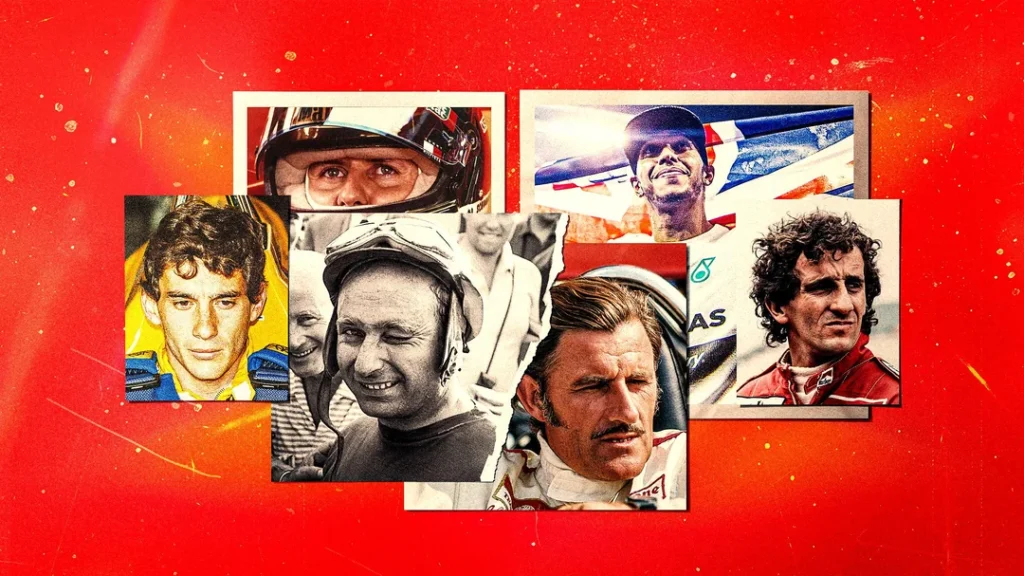
Formula 1 marked its 75th anniversary with a global celebration fit for motorsport royalty: a 24-hour YouTube marathon showcasing the most iconic moments in F1 history. The event, which streamed live on Formula 1’s YouTube channel, offered fans a cinematic journey through seven and a half decades of triumph, tragedy, and technological evolution.
A Nonstop Time Machine for F1 Fans
The video marathon wasn’t just a clip show, it felt like a digital time capsule. Organized chronologically, the stream featured unforgettable Grand Prix finishes, classic rivalries, miraculous recoveries, and standout performances from drivers across every era. The editorial structure guided viewers through F1’s metamorphosis, from the raw, leather-helmet days of the 1950s to the data-driven, hybrid-engine era of the 2020s.
The stream’s pacing and emotional beats felt intentional, balancing high-stakes race finishes with quieter moments of team strategy and paddock camaraderie. It served as a masterclass in how the sport has continued to evolve without losing the adrenaline-fueled heart that first defined it.
The BBC x Getty Multimedia Experience
In tandem with the livestream, the BBC released F1 at 75, a collaboration with Getty Images that brought a museum-quality sensibility to the celebration. Organized into chapters like “The Drivers,” “The Cars,” and “The Fans,” the feature combined striking archival photos with thoughtful commentary, capturing the personalities and moments that shaped the sport.
What stood out was the balance between reverence and realism. Instead of focusing solely on podiums and championships, the BBC explored the toll of competition, the sport’s global expansion, and the evolution of fandom. It wasn’t just about what happened, but why it still resonates.
A Global Fanbase Reflects
Across the internet, fans treated the event as more than nostalgia. For many, it became a personal retrospective. Threads filled with reflections on the first race they watched, emotional tributes to favorite drivers, and recognition of how F1 has accompanied people through life’s stages, from childhood wonder to adult obsession.
One of the most striking themes in community discussions was how visually rich and emotionally immersive the old footage remains. Grainy clips from the ’70s and ’80s, complete with roaring engines and fearless overtakes, were lauded for their visceral impact—proof that passion doesn’t age.
There was also a deep appreciation for how the marathon captured F1’s duality: the contrast between its elegance and danger, between the corporate polish of the modern era and the rawness of its past. Fans noted that even in an era defined by streaming and short-form content, a longform event like this still holds power, especially when it’s rooted in something as emotionally sticky as motorsport fandom.
Looking Forward as Much as Back
While the celebration centered on F1’s storied past, it also sparked conversations about the future. From Audi and Ford’s upcoming entries to debates around sprint formats and sustainable fuel, fans used the moment to examine where the sport is heading. The emergence of new talents like Andrea Kimi Antonelli and the evolution of F1’s global fanbase suggest that while the heritage is rich, the next chapters may be just as dramatic.
In that way, the 75th anniversary didn’t just celebrate what Formula 1 was, it reinforced why the sport continues to inspire millions. Whether you’ve been watching since the days of Fangio or joined during Drive to Survive, this marathon reminded us that F1 is more than just a race. It’s a legacy in motion.
